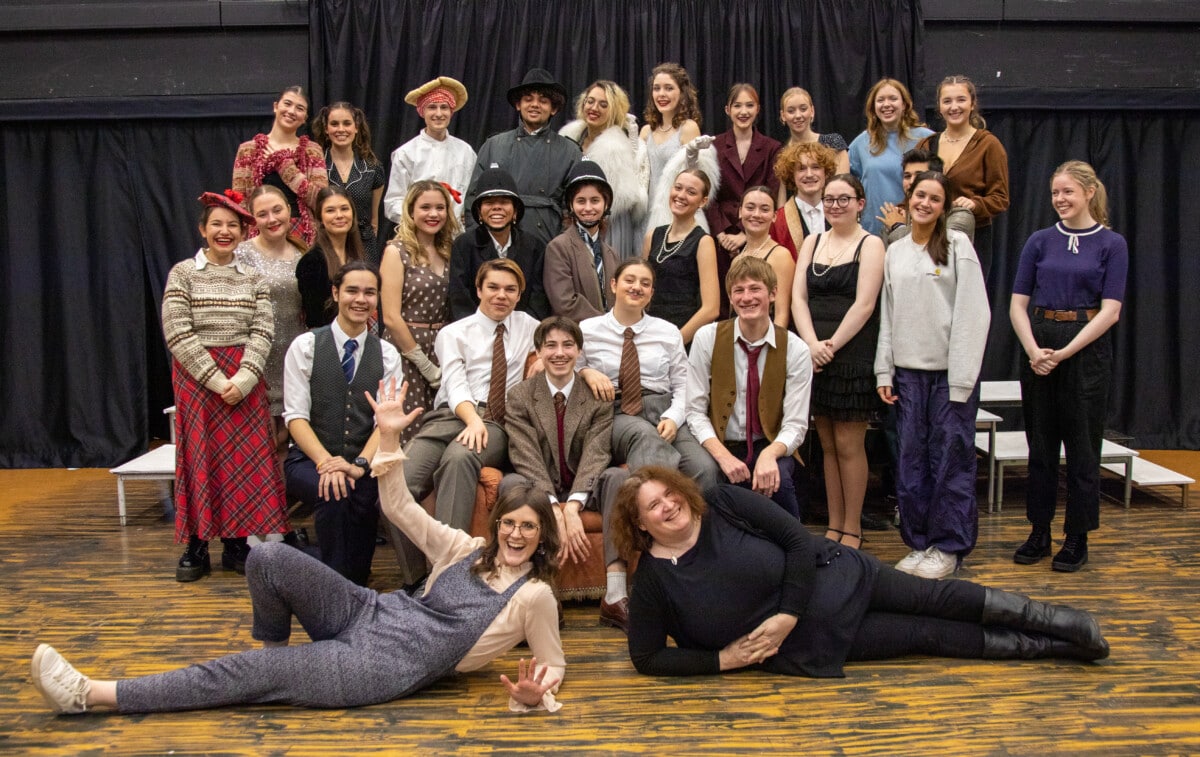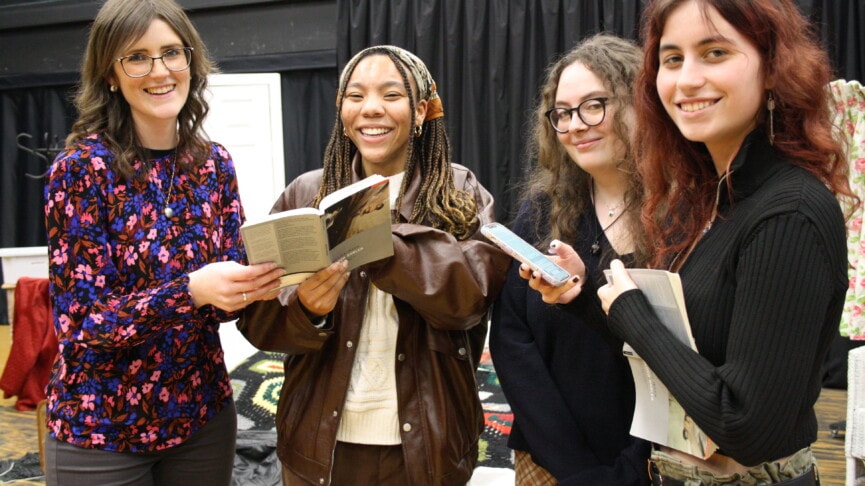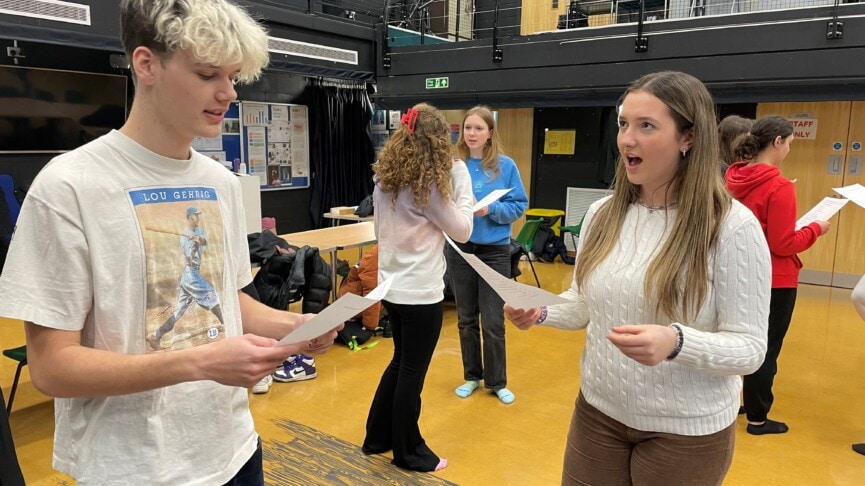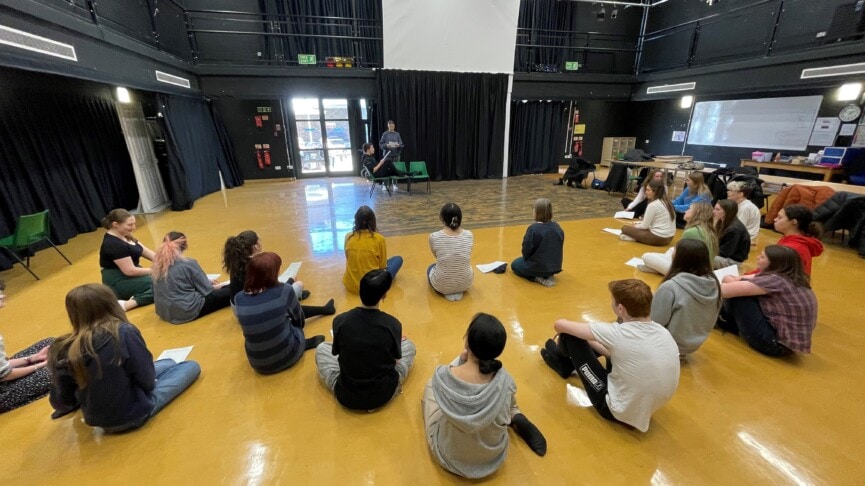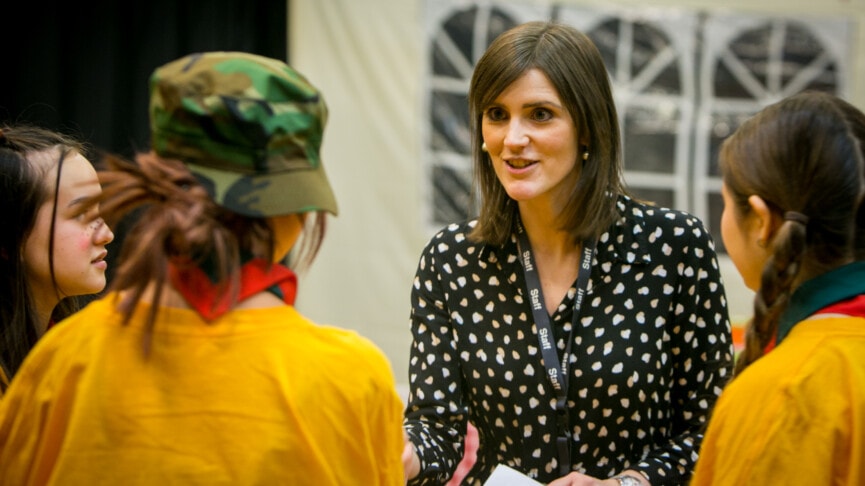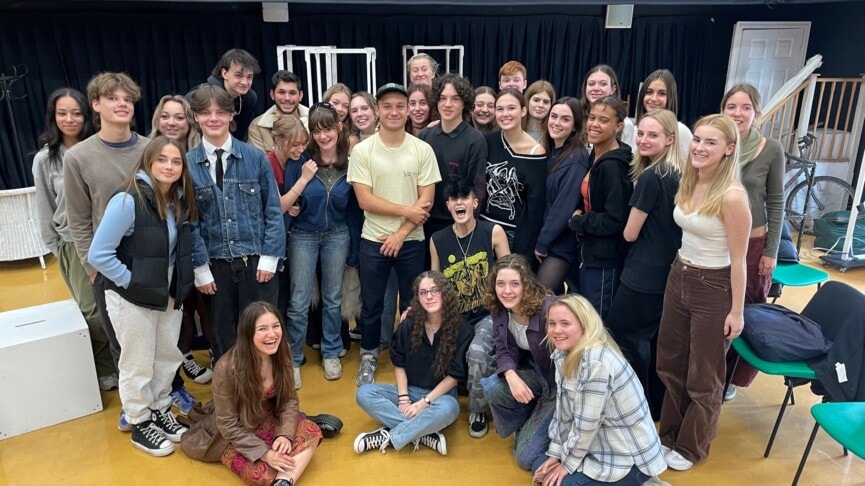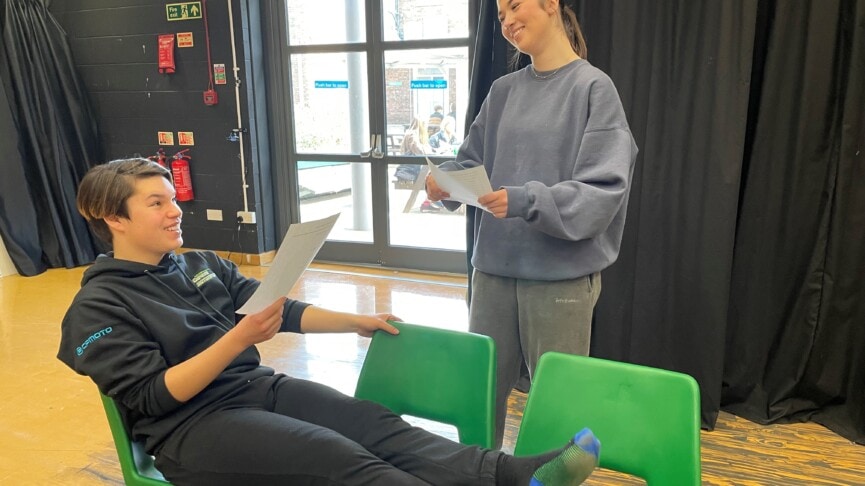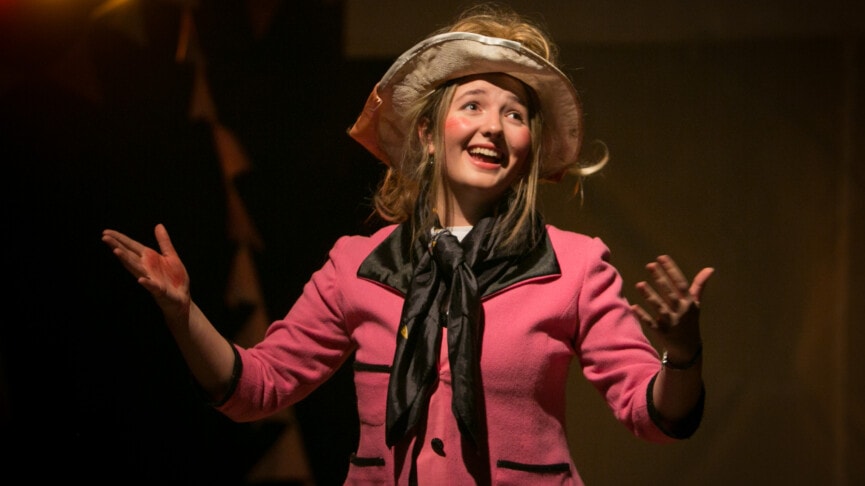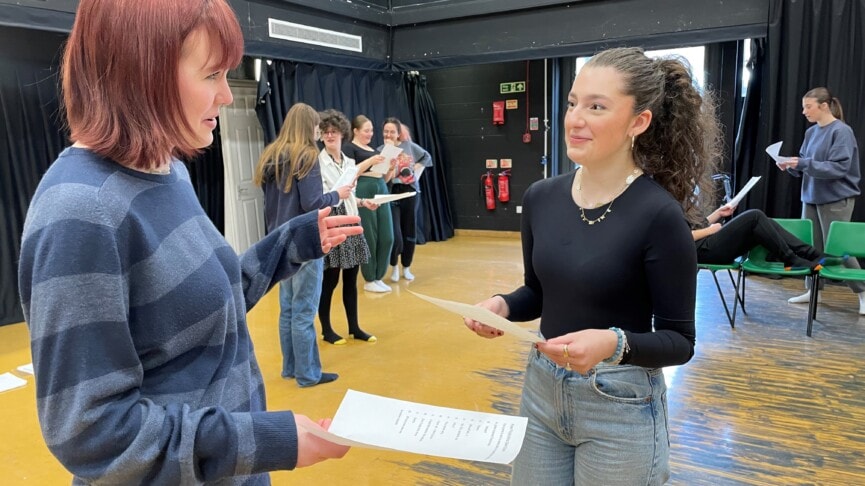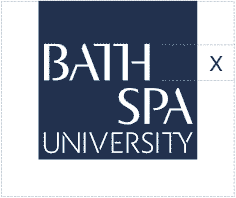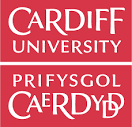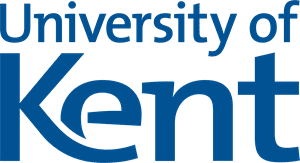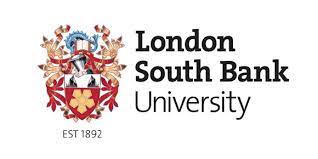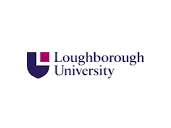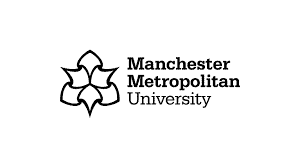Overview
Ever wondered what it would be like to be a director, performer, designer, playwright or theatre critic?
Our course inspires students to become independent theatre makers. You will learn through experience and understand theatre from the different perspectives above, as well as taking ownership over creating meaning for an audience.
Undertaking this course will encourage you to develop not only performance skills but a range of transferable and valuable skills for a variety of subjects at higher education and also for employment. Teamwork, problem solving and learning to think independently are just some of these.
A full commitment to both written and practical elements is needed to maximise success.
Entry Requirements
Aside from the general entry criteria that the College requires, you will also need a minimum of:
• Grade 4 in GCSE English Language
• Grade 4 in English Literature
• Grade 4 in GCSE Drama (significant acting experience is essential if GCSE Drama has not been studied)
You will also be required to attend evening theatre trips and have a willingness to use private study time to rehearse with others.
Course Details
Component 1: Drama and Theatre (written exam)
The written exam is designed to allow you to demonstrate your creativity and imagination as you interpret the set texts and explain how you would stage an extract drawing upon the historical context. You will study these from the perspective of a director and performer. For set text 2 you will also cover design. As a class you will explore the set texts through practical workshops and stage scenes to bring the world of the play to life. You will practice exam essays throughout the course.
Set Text 1: Hedda Gabler by Henrik Ibsen, set in 19th Century.
Set Text 2: Our Country’s Good by Timberlake Wertenbaker, set in 18th Century.
Theatre Review: You will see a range of productions to evaluate and write analytical reviews.
Component 2: Creating original drama (devised)
You have the opportunity to be a playwright and devise a piece of original theatre as a group. You will take responsibility for the research, writing, directing, set design and acting. This will be created in the style of a practitioner, such as Gecko. You will be assessed on your final piece. Alongside your practical, you will complete the Working Notebook coursework, which explains your creative process, influences and evaluation of your piece and individual performance.
Component 3: Making theatre (scripted work)
You will workshop and perform three extracts from different published plays. You will explore and apply the techniques and style of a selected practitioner, such as Max Stafford-Clark or Katie Mitchell. Your performance of your third extract will be assessed by a visiting examiner. The Reflective Report coursework covers all three scripted extracts explored over the two years and is an analysis of your research, skill development and evaluation of your performance.
Assessment
Assessment is through practical work (30%), written coursework (30%) and a written examination (40%). There is a strong emphasis on written assessment and invention/ creative thinking making it a notable step up from GCSE.
Subject Combinations
Drama and Theatre A Level is a subject that by its nature requires students to consider individual, moral, ethical, historical, social, cultural and contemporary issues. Therefore, Drama and Theatre combines well with any humanities subject, for example History, English, Politics and Sociology. It also combines well with Psychology, Film Studies and Media Studies.
However, we usually advise against students combining Drama and Theatre with the Performing Arts BTEC as they are closely related in terms of the skill set and rehearsal demands unless a student is certain of a career path in this industry.
University Destinations
Drama and Theatre A Level is a highly respected qualification, with 90% of our students progressing onto university.
Here are some typical university destinations that our Drama and Theatre A Level students go on to. Click on a destination to see some examples of courses they have taken;

University of Exeter
Typical courses: Drama / Classical Studies and Theology / Business and Management with Year Abroad
Careers
Whilst this course does not guarantee a career in the theatre, many students do go on to study Drama or Theatre at university.
It also provides a good analytical A Level which would support other subjects for university entry. Students who have studied Drama and Theatre A Level have gone on to study a wide variety of subjects at university including Law, English, History and Psychology. Our students go on to a range of careers including: working in the theatre, film, media industries, teaching and journalism.
FAQs
What is the difference between Drama and Theatre A Level and Performing Arts BTEC?
Drama and Theatre A Level is in some ways similar to English Literature, but with theatre texts and a focus on your creative staging ideas as a director or a performer. We work predominantly in a naturalistic acting style although there are opportunities to include song, movement or dance in the Devising unit.
The Performing Arts BTEC course involves music, dance and acting, more like a Musical Theatre pathway. Drama and Theatre is a creative course which also includes critical analysis and essay writing therefore provides a strong A Level for entry to Higher Education. BTEC Performing Arts focuses on rehearsal and performance to train students for entry to Higher Education on a course which is aimed at a career in the industry.
Drama and Theatre is assessed by 30% acting, 30% coursework and 40% written exam. Whereas, Performing Arts is assessed through 100% coursework. Drama and Theatre is not just an acting course, you also learn about design and directing as well as reviewing professional productions.
What extra support/enrichment activities are on offer?
The department offers a varied programme of theatre visits as well as welcoming visiting theatre companies to the College, who perform and offer workshops. As part of the College’s Complementary Studies programme we run the following programmes including;
- College Production, where we work each year to put on a show including music and movement;
- Theatre Workshop, which is focused on acting and developing performance skills and usually ends with a performance;
- Audition Workshop, where students prepare monologue for auditions.
Our Drama alumni regularly visit the College and hold Q&A sessions on their experience of Drama at university, drama school or working as an actor. They have also coached students on monologues.
The department runs extra sessions for exam preparation to support first year students with the jump from GCSE to A Level, and support second year students with revision. Students are set homework tasks including: essays, research and rehearsals. Staffed rehearsals are run at lunchtimes and outside of the College hours.
